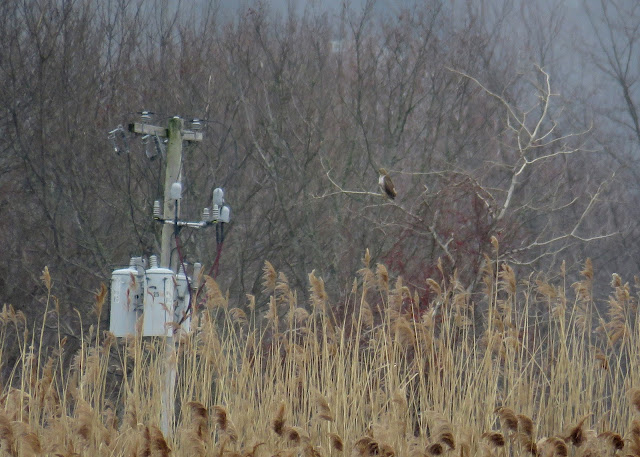The original version of this post, one of my favorites in the last few years, is on the
Old Colony History Museum's "Medium" blog
here. Please take a look. Every reader gets "50 claps" on Medium, and the more claps, the more a post is promoted. So, please clap away!
I am thankful to Dr. Andrew "Andy" Carr for his willingness to be interviewed, to his kind and talented wife, Roberta, for her support, and to Gil Garnet for his deep knowledge of our hometown.
My family moved to North Dighton in 1959 when Raytheon occupied the former Mount Hope Finishing Company's facility on Spring Street. For many of us in North Dighton--a bit like the East and West Boxford(s), where I live now--there were two towns. One stopped on Somerset Avenue at the Elementary School; beyond that, "there be dragons." For the other half of the town, the "real" Dighton didn't begin until the Elementary School. This geographic spread was the source of tension during the Mount Hope years and (I suspect) remains so today. (A little bit, as I said, like East and West Boxford.)
Hearing Dr. Carr's story was not just about a wise and compassionate physician, but also great fun for me to learn about the Dighton of the 1940s and 50s — the "other" Dighton — and to recognize some of the enormous talent that our little town has generated over the years.
Of course, Dr. Carr attended school for many years in the building that we knew as the Raposa-Knott VFW--across the street from my home, and the best way to "The Peat" where we skated and learned to play hockey.
 |
| Bird's Eye view of Pearl Street, stretching off toward "The Peat." In about 1992 (before drones), I took a plane ride to take aerial photos of Anawan Rock and the Great Swamp Fight marker for research on King Philip's War. |
Mount Hope's view of North Dighton from the opposite perspective. I devoted a chapter to JK Milliken and his company in my book
Innovation on Tap. I also wrote a blog post about North Dighton in 2013, which can be found
here.
 |
Several views of Andy's old North Dighton Grammar School, "the VFW," now a private residence.
|
Anyway, before I head down the rabbit hole completely, take a look at the Old Colony post on Medium. You'll love Andy's story. And when you're
on Amazon purchasing his book (or visiting Old Colony, which has also stocked copies), take a look at Roberta's novels. The one I chose,
The Vernazza Effect, is based on the relationship between Roberta and Andy. As I told Roberta, I was impressed by Andy after reading his book and interviewing him; I was even more impressed after reading her novel!
Thanks again to Andy, Roberta, and Gil for their support, and to Old Colony for keeping history alive. And wishing Dr. Carr many more years of good health and great storytelling.


















